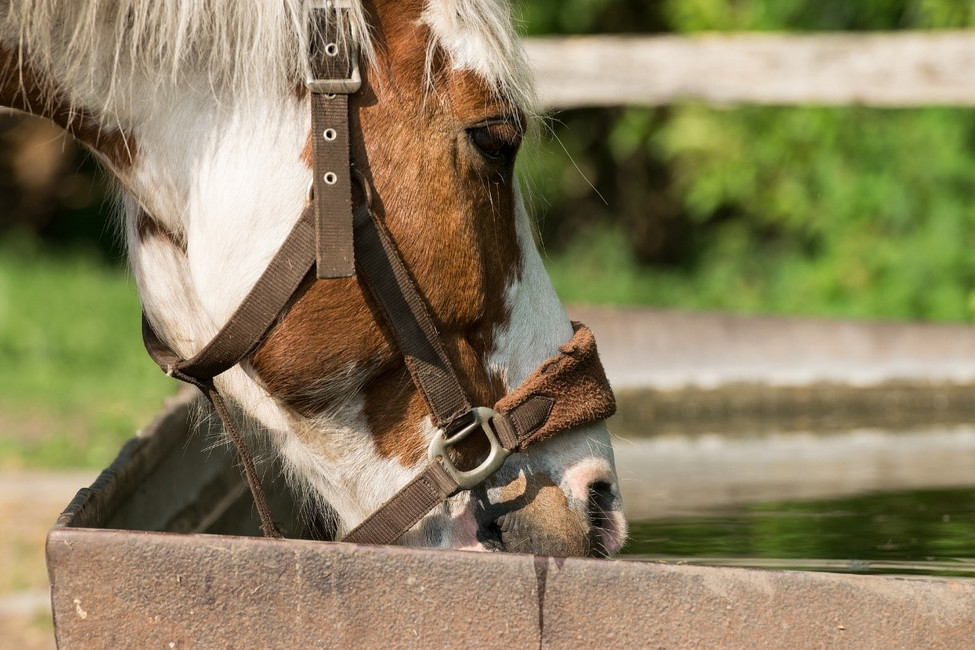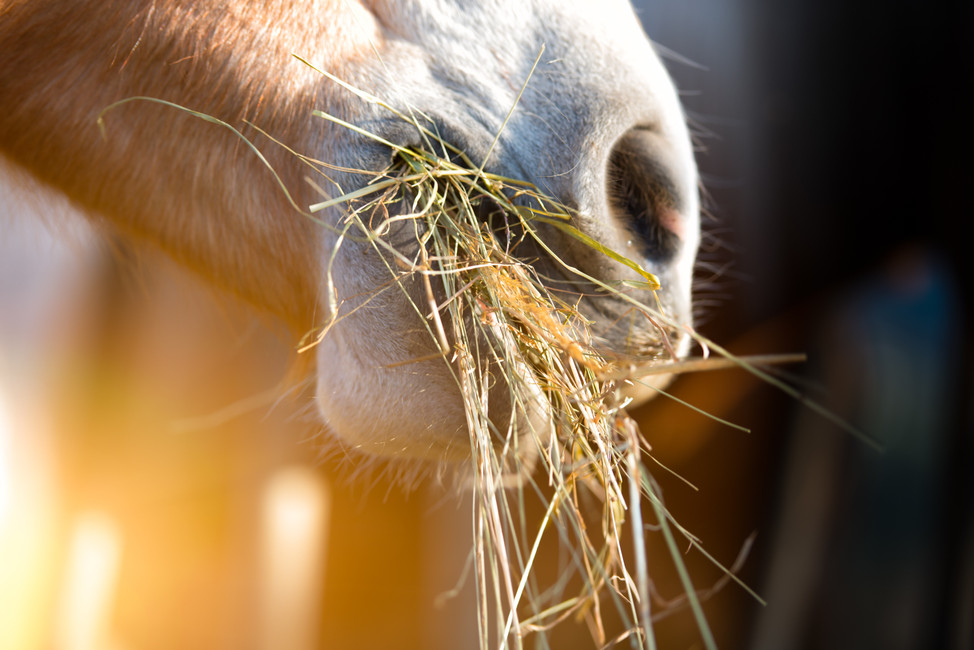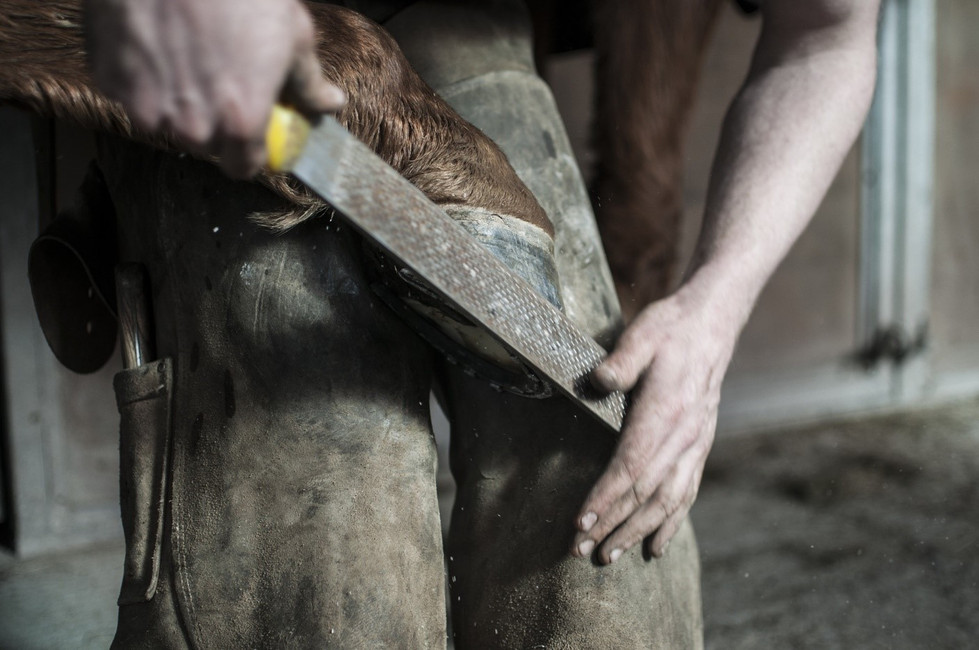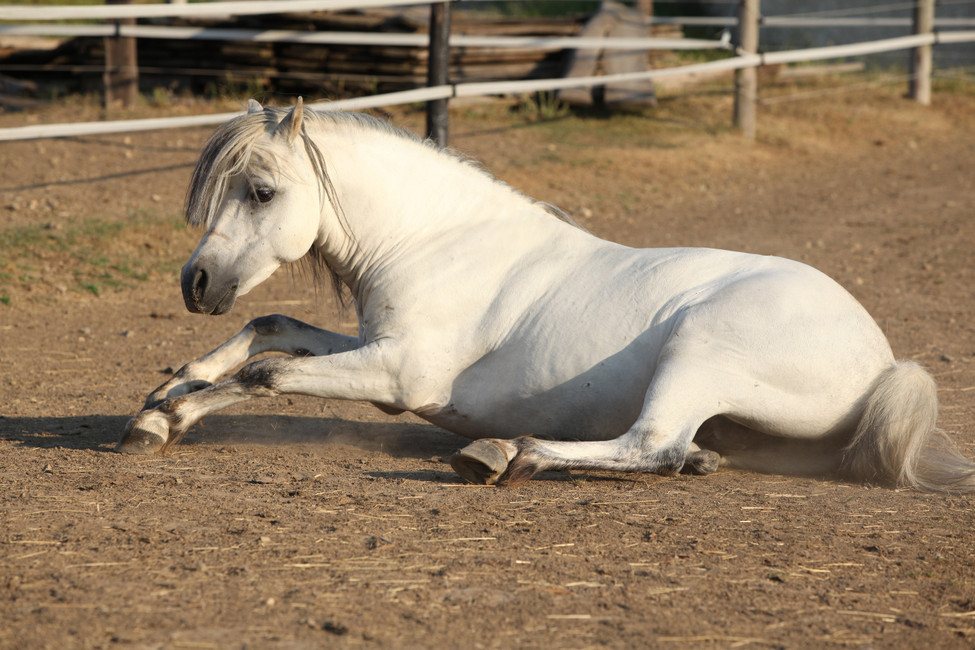
Avoiding Colic Through Management
Turnout, diet, and water consumption are critical considerations when avoiding colic. In this guest blog adaptation originally featured on The Horse, equine health expert Anthony Blikslager, DVM, PhD, Dipl. ACVS, discusses ways to avoid col…

Keeping Your Troughs Clean in the Heat of Summer
Keeping your water trough clean is an added challenge in the summer. In this guest blog by BeneFab by Sore No-More writer, Kate Casale, offers a few simple ways to make sure your horse's water stays clean all season.During the warmer season, making s…

The Key Steps to Equine Performance Recovery
How Horse Owners Can Support Their Equine AthletePerformance recovery. You might be familiar with this term if you are an athlete yourself, or if you own an equine athlete. Performance recovery combines nutrition and rest for optimal muscle restorati…

What Probiotics & Prebiotics Can Do for Your Horse
How Beneficial Bugs Support Your Horse's Digestive SystemYour horse's digestive system contains a blend of "good bugs", or beneficial bacterial, that play an important role in keeping your horse healthy. These bacteria help break down food that canno…

Hoof Maintenance Practices
Hoof care is essential for a healthy horse. In this guest blog by Kate Casale, learn the most common hoof problems, along with simple solutions for prevention and care. Your horse’s feet are more important than you think. As owners, we must…

Severe Colic and New Treatments
Generally, the population of horses that develop severe colic includes the ones that don’t respond to the veterinarian’s initial treatment. Almost all severe colics start as mild colics that are simply left too long. Delve into the signs and symptoms…

